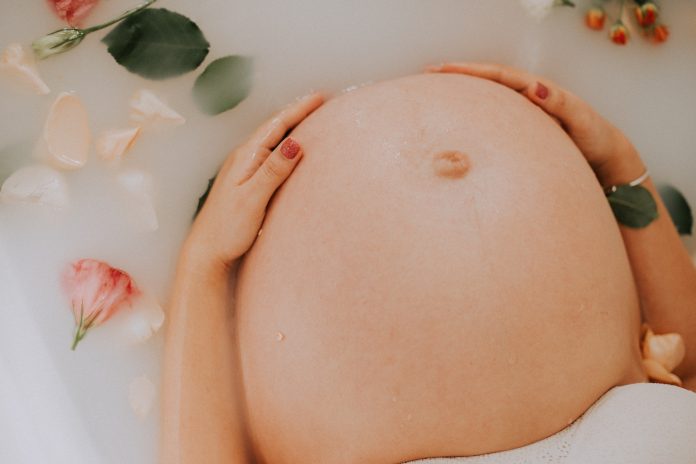Pregnancy and nutrition simply refer to the proper nutrient intake, proper diet planning, and dieting that are undertaken prior to, during and even after pregnancy. Development of the baby starts from conception. This is why the mother’s nutrition is especially important from before conception until breast feeding. This is also why women who want to become pregnant need to take note of their nutrition habits and consult with their health care providers. In fact, it is advised that they do so.
Proper pregnancy nutrition aims to ensure that your baby grows up healthy and well. It can do this by ensuring that the right proportion of nutrients like folate and iron are provided. The first thing a pregnant woman needs to do is to keep a healthy and balanced diet that consists of a variety of foods rich in vitamins and minerals. Folic acid is a key nutrient for pregnant women because it helps to protect the baby’s brain from damage caused by deformation and neural tube defects.
Iron is another important mineral for pregnant women and its deficiency can lead to serious brain damage or brain retardation in the fetus. A woman needs to take iron in supplement form or through diet as iron deficiencies during pregnancy can cause severe malformations and brain defects. Folic acid is another essential nutrient that is required by all pregnant women and it is found in whole grains, green vegetables, beans, nuts, seeds, soy, wheat, and whole crustaceans. Vitamin B12 is another needed vitamin that women need during pregnancy and its deficiency can cause morning sickness for the expecting mother.
Having a well-balanced pregnancy diet also includes having enough servings of vegetables and fruits. These include fresh vegetables and raw fruits, especially bananas. Aside from having sufficient amounts of fruits and vegetables, having enough dairy products is also essential to provide the baby nutrients like calcium and protein. Dairy products such as cheese and milk are good sources of calcium. Aside from milk, you can also have yogurt, buttermilk and sour cream. These dairy products are rich in protein.
Pregnant women also need to know about the importance of vitamins and minerals. Vitamins are divided into different groups to address the needs of different stages of pregnancy. This is why it is important that you know your body well and choose the food group that meets your daily vitamin needs. If you take a multivitamin supplement, check with the manufacturer to make sure that it is appropriate for you to use during pregnancy and that it lists all the vitamins it contains.
It is also important that you stay physically active during your pregnancy. Studies have shown that those who exercise three times a week or more have a lower chance of developing gestational diabetes than those who don’t. As your baby gets bigger, your diet will need to be adjusted as well so that you can meet the nutritional needs of your baby. As your baby gets older, you will need to add more protein, complex carbohydrates and healthy fats to your diet in order to meet the nutrient and caloric needs of your growing child.
So when it comes to prenatal nutrition, don’t forget to consume the best foods for pregnant mothers that are safe, healthy and full of vitamins and nutrients. Your family doctor and midwife are your first sources of information and if you have any questions, do not hesitate to ask. After all, you want to ensure that your baby grows up healthily and is free from disease.


